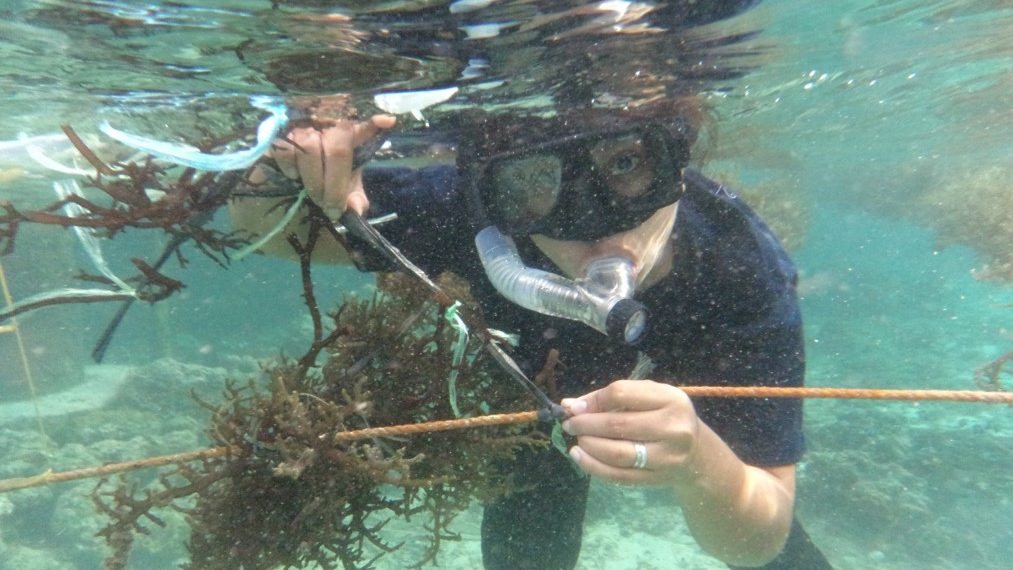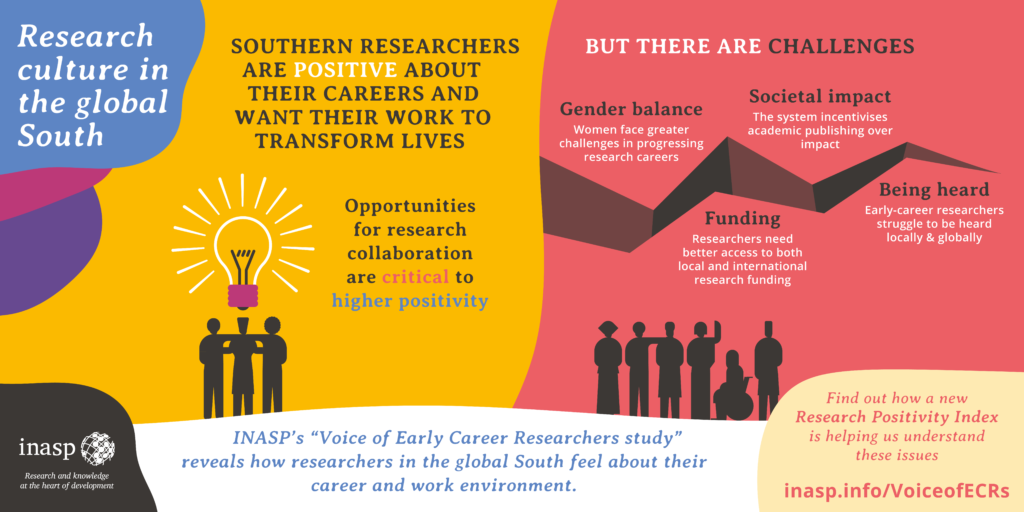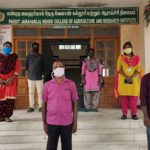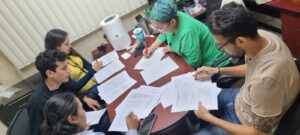
Listening to the voice of early-career researchers in the Global South
In this time of global crisis, research and evidence are more important than ever. Challenges in the research environment can affect who chooses to be a researcher, the types of choices a researcher makes in their career, whether they will stay in that career, where they carry out their research, what they research and how they communicate it. Decision-makers and funders need to look at ways to address these inequities to better support early-career researchers in the Global South. Under the auspices of our Global Platforms for Equity in Knowledge Systems (GPEKE) project, we have begun piloting a new Research Positivity Index, to track how researchers feel about their research career and environment in the longer term. Andy Nobes and Verity Warne discuss.
The world needs skilled and passionate researchers to bring knowledge and solutions to address key global and local challenges, and transform lives. In the African Union’s Agenda 2063, as well as in most national and regional development plans, there are ambitious visions for the role research can play in creating positive change. Yet in the Global South, the number of researchers per head is much lower than in the North. If researchers do not see rewarding and fulfilling careers ahead or feel that a research pathway comes at too high a cost, future research – and consequently evidence-based development – could be significantly at risk.
We need to continue to focus on equity within and between research systems and create solutions to address imbalances that favour some researchers or types of research over others. To support this, INASP is trying to build a more complete, evidence-based picture of researcher needs, motivations, and contexts, particularly in the Global South.
Few studies have examined in depth the motivations and job satisfaction of Southern researchers; how they are supported and evaluated; how positive they feel about their career; where they see the role of research in national development; how they feel about the quality of the research in their region and how it could be improved; and what could change this in the future. Whilst there has been some research on career progression, support and opportunities to collaborate, this has tended to focus on particular disciplinary and regional groups.
In April 2020, INASP asked researchers from 94 countries and across a wide spectrum of academic disciplines, to take part in a “Voice of Early-Career Researchers” study, to determine how the research environment is changing and affecting early-career researchers across the globe. The survey, funded by Sida under our GPEKE project, focused on researcher perceptions of their ability to achieve their research goals. It explored the opportunities and the challenges they face in their careers, and their contribution to national and international research systems.
The study confirms what INASP sees in its work every day – that researchers in the Global South want their research to transform lives and are optimistic and positive about their ability to do so. But the study was also a reminder of some well-known challenges that southern researchers face, both at home and globally. These include gender inequity, inequity in research collaborations, access to funding, and an ongoing pressure to prioritise academic publishing over other types of impact.

Using the survey data, we piloted a new Research Positivity Index, to track how researchers feel about their research career and environment in the longer term.
The pilot Research Positivity Index is designed to be straightforward and usable without a high level of statistical expertise. It is made of two components: firstly, the researcher’s personal experience of their research career – whether it is a career choice and offers opportunities for progression and development. Secondly, the researcher’s perception of their regional research context – including institutional, national and international infrastructure. For example, a researcher who feels positive about their choice of research career; believes they have sufficient opportunities to fulfil their research ambitions; can collaborate with others; receives adequate funding; and are supported by their institution, would score highly on the Index.
Our intention is to use the Research Positivity Index to monitor researcher perceptions of their work and their research environment in the coming years and help to build a better picture of research culture in the Global South.
A summary paper, and full report are available at www.INASP.info/VoiceofECRs.
If you are interested in hearing about opportunities to participate in similar studies in the future, sign up to receive INASP email newsletters or join our AuthorAID network.
Cover photo: Understanding seaweeds to understand the farmers, by Jonalyn Mateo, a participant on an AuthorAID research writing course in 2020.

 Previous Post
Previous Post Next Post
Next Post


